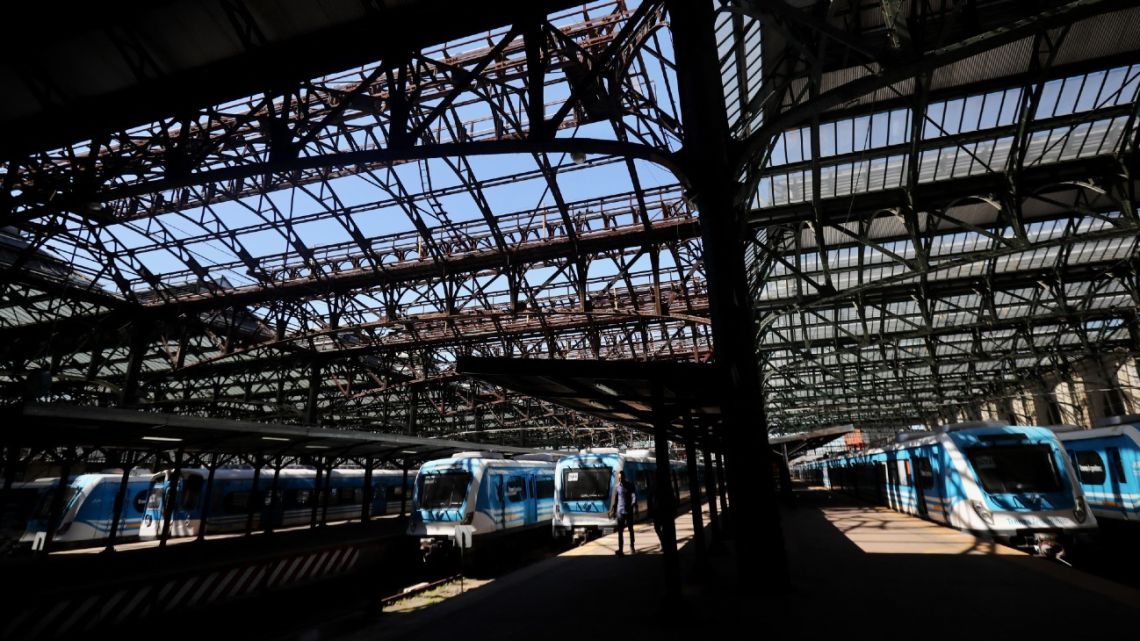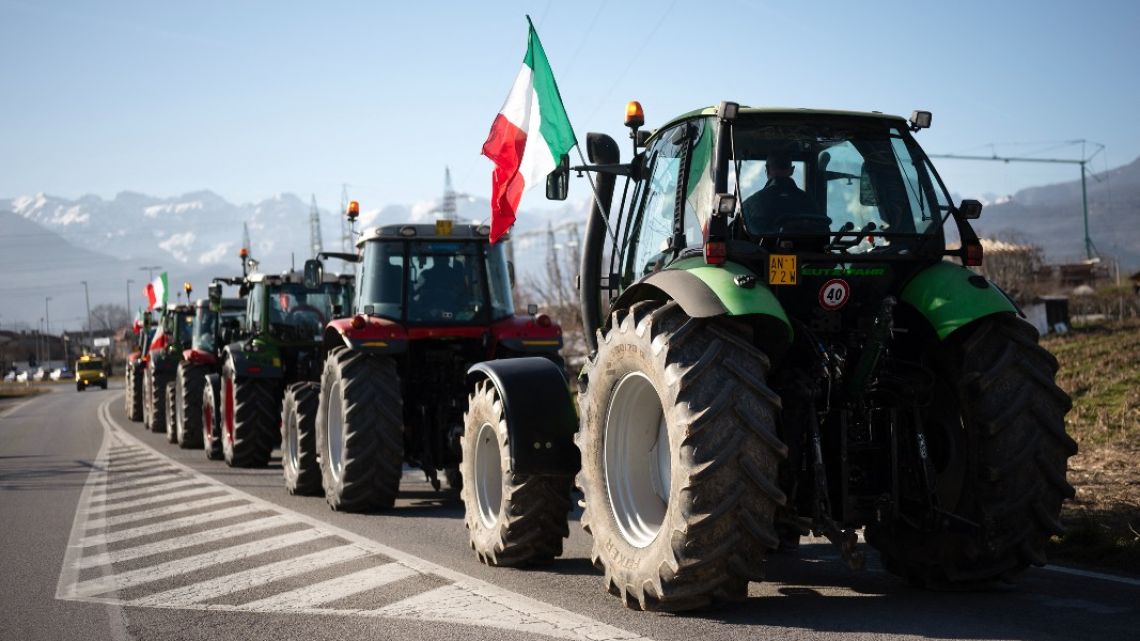
Alberta Premier Danielle Smith is urging other provinces to join her judicial application against the carbon tax, citing "new information" that damages its legal standing.
"How has your lawsuit been received by other provinces?" a reporter asked Smith on Tuesday. "I'll be seeing them in a couple of months because we're going for a Council of the Federation meeting," she replied.
"I can tell you that everybody's upset with federal overreach. And even in the case of those provinces that are benefiting right now, it's only a three-year reprieve," she added.
Last October, Prime Minister Justin Trudeau announced a three-year tax freeze for oil used to heat residential buildings, while also expanding low-income grants to install electric heat pumps in the Maritimes.
Across Canada, heating oil constitutes only 3% of residential heating energy, with very low usage except for PEI (40%), Nova Scotia (32%), and Newfoundland and Labrador (18%).
In Alberta, Saskatchewan, and Manitoba, the use of residential heating oil is negligible, according to the Government of Nova Scotia.
"If you're going to make the case that you need to have national jurisdiction, then you need to apply the rules fairly across the board," Premier Smith previously told Rebel News.
"That's the point that we're making. That is a point [Saskatchewan Premier] Scott Moe has made."
Meanwhile, the federal government says the judicial application amounts to incessant political posturing.
Environment Minister Steven Guilbeault and Justice Minister Arif Virani iterated that the Supreme Court had previously approved the levy.
"When the Supreme Court okayed Trudeau’s carbon tax, it was because the government argued a national problem needs a national solution. But Trudeau torpedoed that argument by creating a carve-out that mostly benefits one part of the country," reads a column by the Canadian Taxpayers Federation (CTF).
In the Supreme Court decision, it stipulated that "the withdrawal of one province from the scheme would clearly threaten its success."
Smith says the exemption is unfair to Albertans, who rely on natural gas to heat their homes, whereas Saskatchewan relies on natural gas and coal.
In March 2021, the Supreme Court upheld the federal carbon tax in a 6-3 decision despite legal challenges from both provinces and Ontario.
Justice Malcolm Rowe, who dissented from the original ruling, foresaw this issue. He wrote that "regulations that have the effect of favouring or imposing unequal burdens on certain provinces and industries in a manner that cannot be justified," would be unconstitutional.
"Rowe’s concern is more relevant than ever," said Franco Terrazzano, CTF Federal Director. "Trudeau’s carve-out disrupts the uniformity that made the carbon tax constitutional."
On challenging the carbon tax, Premier Smith said: "One [way] is through politics, the other is through the courts."
"I spoke with Premier Moe about potentially joining this case," she told reporters, but could not confirm whether Saskatchewan would join as of writing.
Prime Minister Justin Trudeau refused to hear prior concerns before the most recent carbon tax hike in April. "They can develop their own approach here in B.C. Québec did the same," he told reporters on March 27.
When asked if Trudeau would sit down with the premiers on the matter, he refused to answer.
"What is your response to that, given the federal government has yet to meet a single emissions target?" Rebel asked Premier Smith at the time.
"We are doing an endless number of things to achieve our emissions targets and the Prime Minister's carbon tax is not working," she replied. "His own environment minister has said that it's not working."
Smith earlier claimed the tax is "designed by the wealthy and well-connected" while not readily impacting their household finances. The carbon tax is pegged for another 23% increase to $95 per tonne next Spring.
Several premiers, including Smith and Moe, have repeatedly asked Trudeau to forgo the annual tax hikes, citing inflation and a high cost of living.
A legal challenge of the carbon tax is one way to address affordability and inflation.
A previous letter from Trudeau claimed the federal carbon tax contributes about 0.1% to inflation, countering a Bank of Canada claim of 0.4%.
Conservative MP Philip Lawrence asked how long a period ending the carbon tax would reduce inflation. Bank governor Tiff Macklem said one year, with a one-time drop in inflation of 0.6%.
"I don't know if they have really thought about the impact of what they've done," Smith told Rebel. "They’re just thinking politically."

Alex Dhaliwal
Calgary Based Journalist
Alex Dhaliwal is a Political Science graduate from the University of Calgary. He has actively written on relevant Canadian issues with several prominent interviews under his belt.

 By Rebel News | Created at 2024-10-30 23:56:24 | Updated at 2024-10-31 03:32:32
5 hours ago
By Rebel News | Created at 2024-10-30 23:56:24 | Updated at 2024-10-31 03:32:32
5 hours ago



